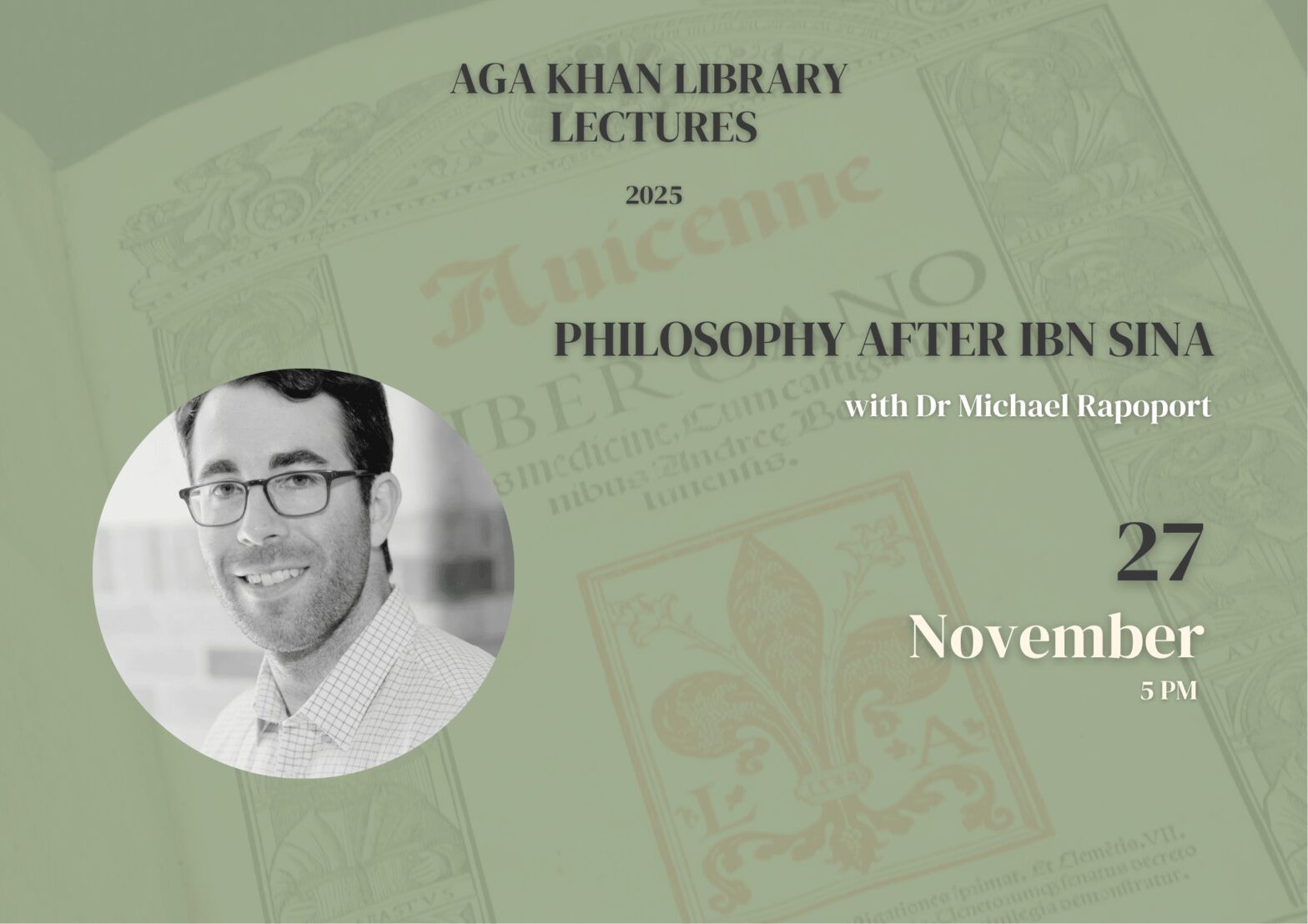For the past two decades, the study of pre-modern Muslim philosophy has sought to challenge the outdated yet persistent notion of a “Golden Age” of philosophy that peaked with figures like Avicenna (Ibn Sīnā) and Averroes (Ibn Rušd) before suffering an irreversible decline due to the critiques of “orthodox” theologians, most notably al-Ġazālī in his Tahāfut al-falāsifa. This decline narrative, rooted in the 19th-century work of scholars like Ernest Renan and Tjitze de Boer, was tied to a broader portrayal of civilizational decline paralleling Europe’s rise. By the 20th century, it fell out of favour, partly because of dismissive attitudes toward the intellectual merit of philosophical commentaries. While contemporary scholarship has largely rejected the decline thesis, there remains no consensus on how to understand the Postclassical Era of Philosophy in the Muslim world.
This lecture will explore attempts to reconcile differing perspectives on the nature of philosophical discourse during this period, while also addressing the challenges of constructing such definitions amidst lingering uncertainties.
Dr Michael Rapoport is a scholar of pre-modern Arabic and Islamic intellectual history at Florida Atlantic University, with interests in philosophy, science, theology, and medicine. He is an expert on the philosophy and legacy of Avicenna. His first book, Science of the Soul in Ibn Sīnā’s Pointers and Reminders examines Avicenna’s most challenging and influential text, which presents scientific explanations for a variety of phenomena associated with the soul, from cognition to clairvoyance, prophecy, and magic. Dr. Rapoport earned his PhD in Near Eastern Languages and Civilizations from Yale University (2018).
